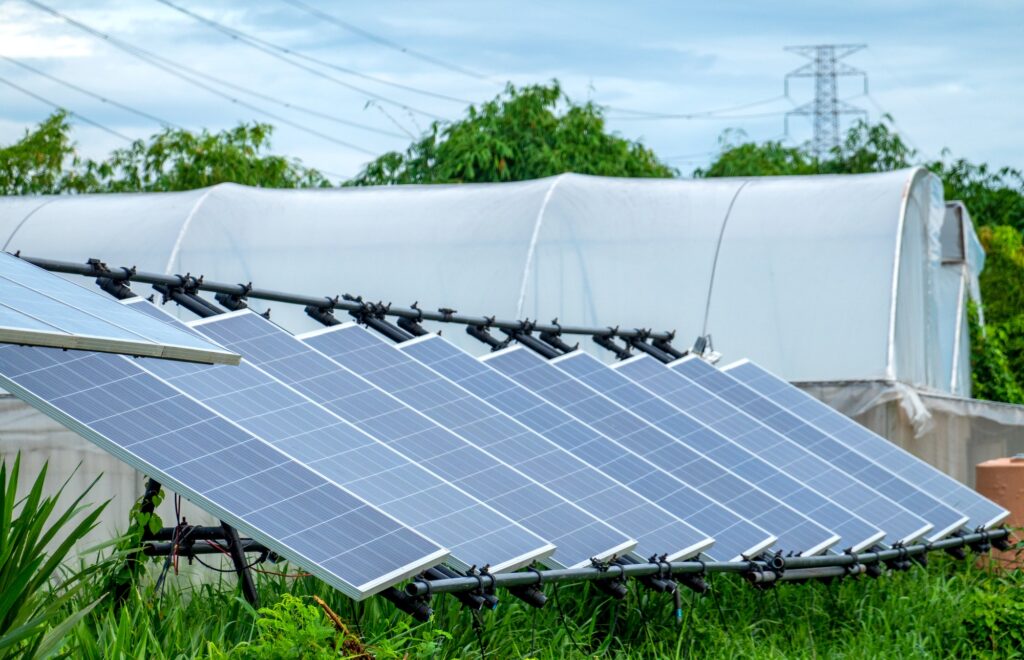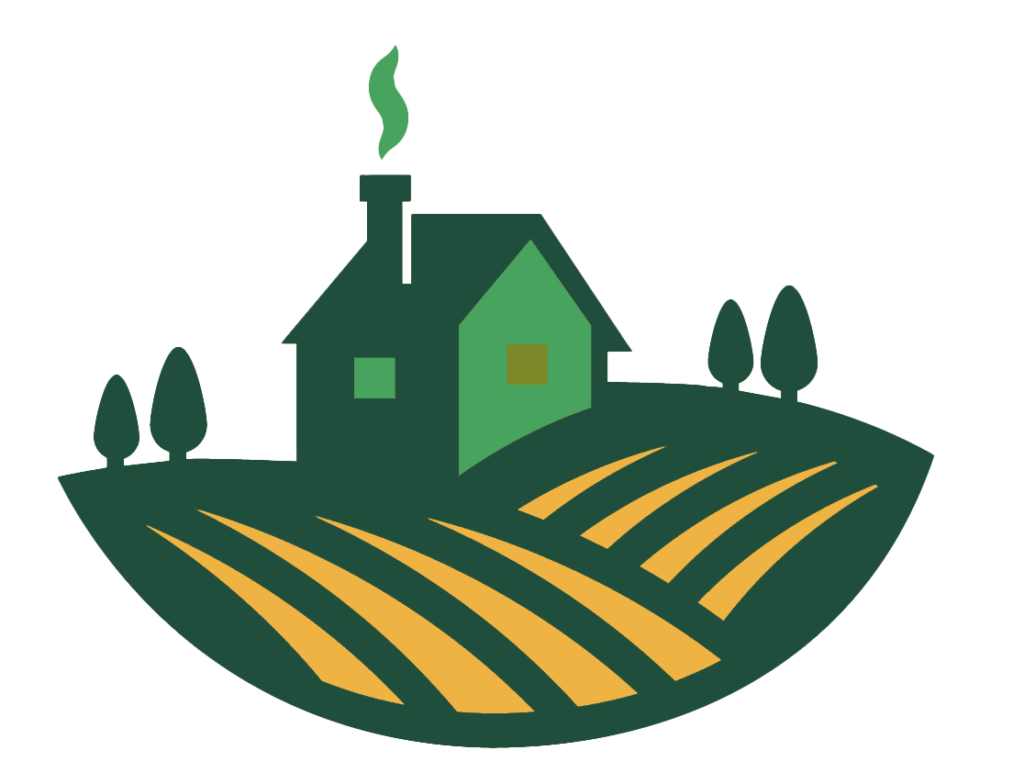Food waste is a major problem in our society, with up to one-third of all food produced going to waste. This has significant environmental, economic, and social impacts. Organic farming can play a key role in reducing food waste, by promoting sustainable practices that minimize waste and by providing healthy, high-quality food that is less likely to go to waste. Here are some ways that organic farming can help to reduce food waste:
- Sustainable Farming Practices: Organic farming promotes sustainable practices such as crop rotation, cover cropping, and composting, which can help to reduce waste by improving soil health and fertility. Healthy soil can support the growth of healthy plants that are more resistant to pests and diseases, reducing the need for pesticides and other inputs that can lead to waste.
- Reduced Chemical Use: Organic farming practices also help to reduce the use of synthetic pesticides and fertilizers, which can contaminate soil and water and harm beneficial organisms. By using natural methods of pest and disease control, organic farmers can reduce waste and protect the environment.
- Healthy, High-Quality Food: Organic farming produces healthy, high-quality food that is less likely to go to waste. Organic produce tends to have a longer shelf life than conventionally grown produce, which can reduce waste at the retail and consumer levels. Organic farming also promotes the use of local and seasonal produce, which can reduce waste associated with transportation and storage.
- Reduced Packaging: Organic farming often involves the use of less packaging and plastic, reducing the amount of waste produced by the food industry. By using sustainable packaging materials such as biodegradable and compostable materials, organic farmers can reduce the impact of food packaging on the environment.
- Community Building: Organic farming can help to build stronger communities by promoting local food systems and reducing the distance between producers and consumers. By creating direct relationships with consumers, organic farmers can reduce waste associated with the food supply chain, such as transportation and storage.
In conclusion, organic farming can play a key role in reducing food waste by promoting sustainable practices, producing healthy, high-quality food, and building stronger communities. By supporting organic farming and reducing waste at every level of the food supply chain, we can create a more sustainable and equitable food system for everyone.


